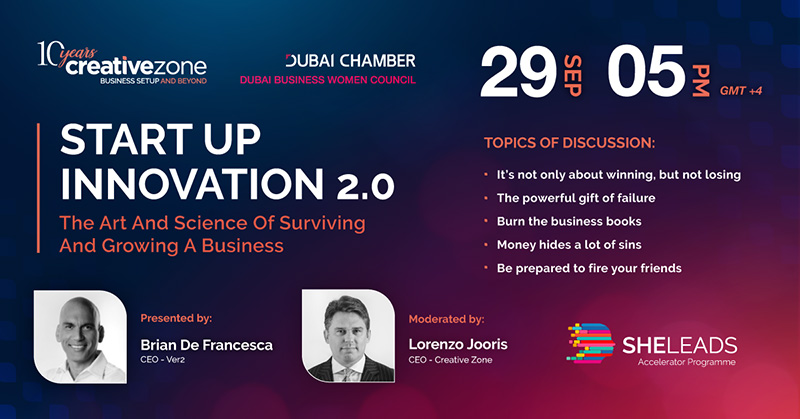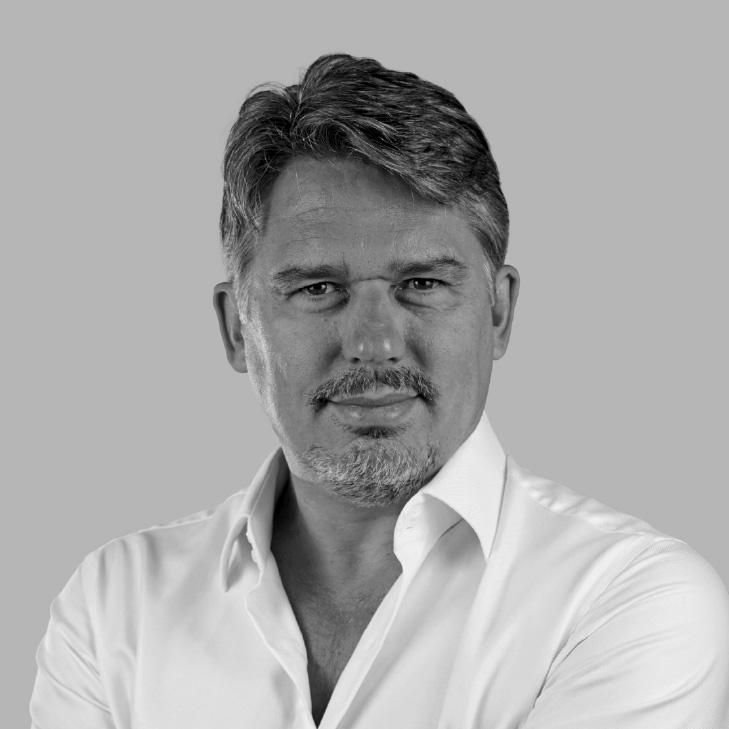Start Up Innovation 2.0
“The art and science of surviving and growing a business”
Building a successful business is the goal of every entrepreneur, that requires an array of different skills and expertise. But business success is also a combination of art, science, and the ability to think strategically. Our webinar ‘Start Up Innovation 2.0’, is all about helping business owners understand that success is less about applying a system and more about a different way of thinking (it not only takes a disciplined approach—which alone is not enough—it requires a different way of thinking)


